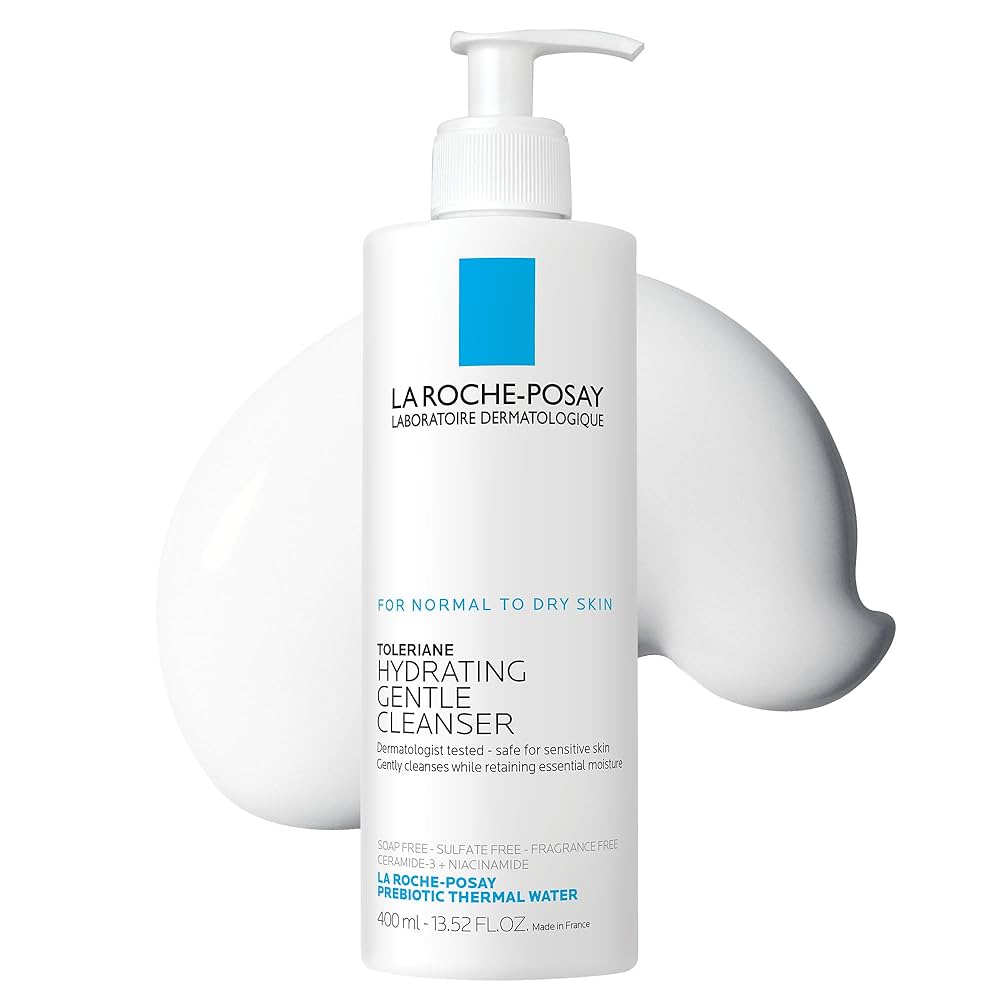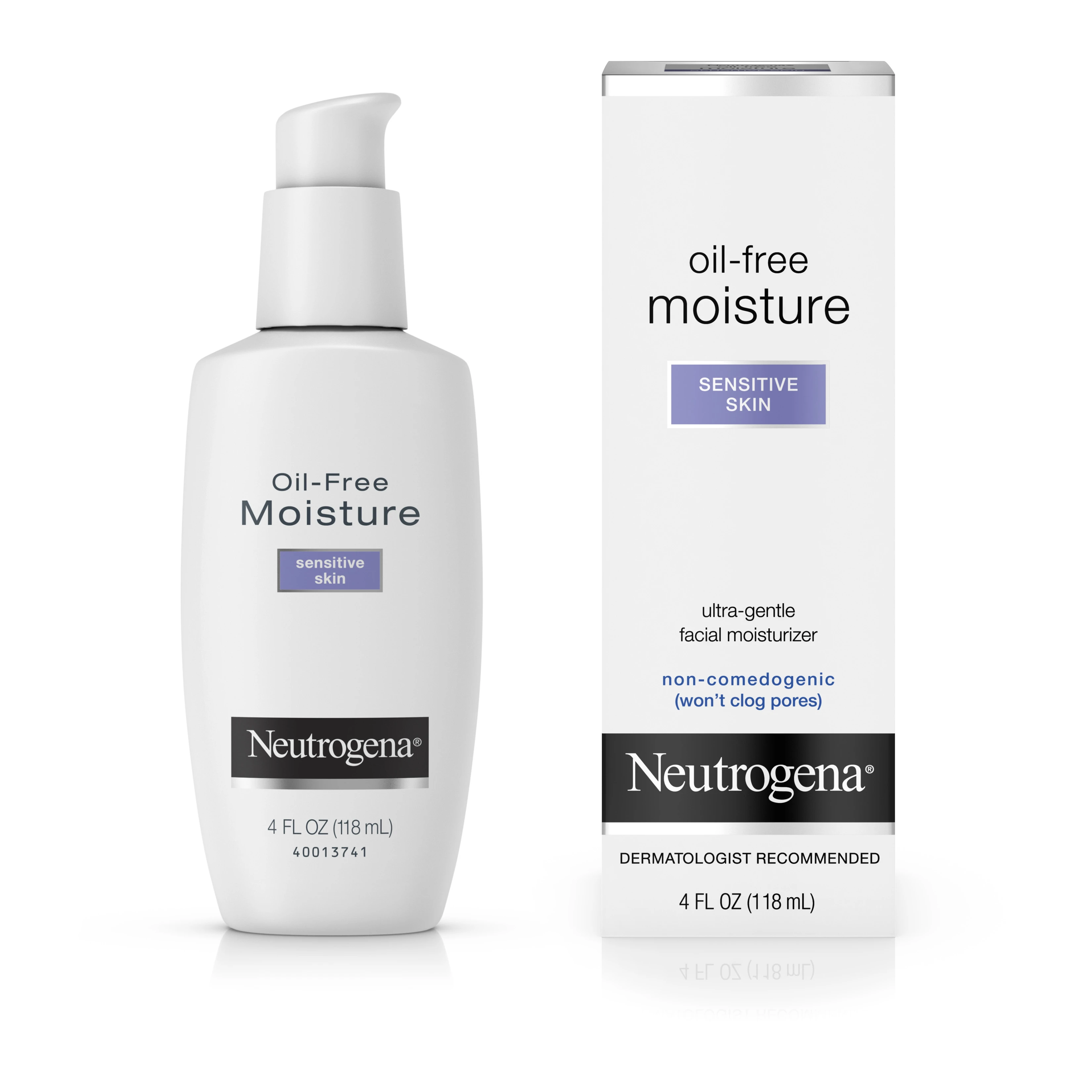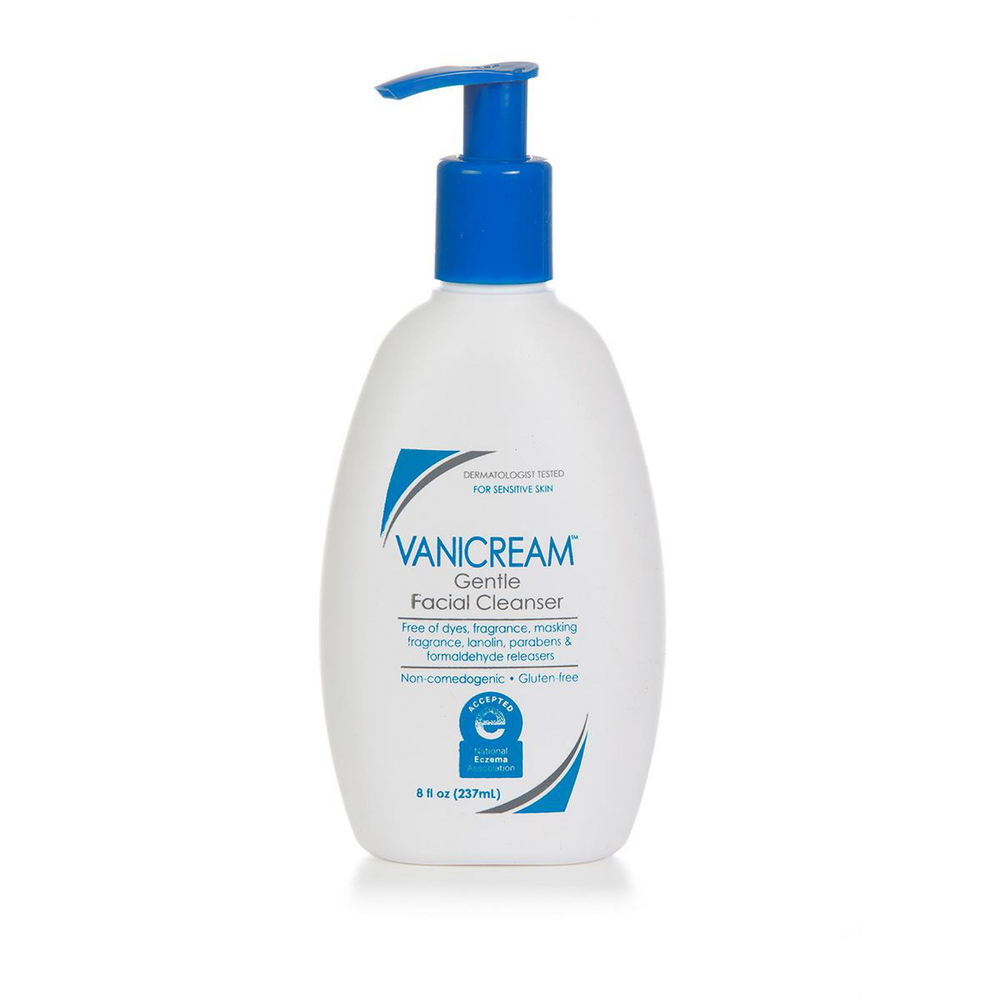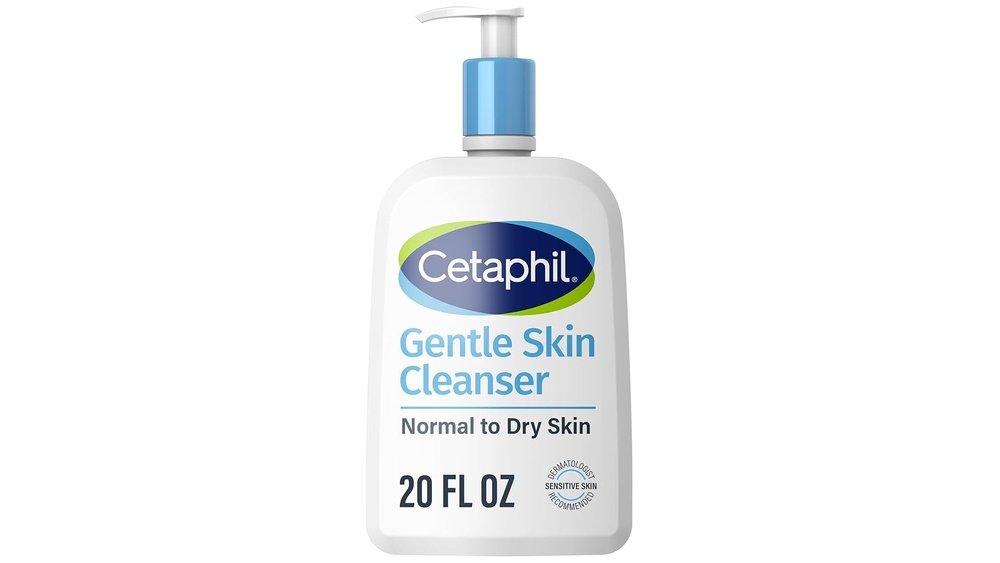Have you ever noticed your face reacting strangely after using a scented lotion or walking past someone wearing strong perfume? If your skin suddenly feels irritated, itchy, or red, you might be dealing with facial skin sensitivity to fragrance.
This common issue happens when your immune system mistakes certain scents as harmful, leading to uncomfortable allergic reactions. But don’t worry—you’re not alone, and understanding how fragrances affect your skin can help you take control. You’ll discover why your skin reacts, how to identify triggers, and simple steps to protect your sensitive skin without giving up all your favorite products.
Keep reading to learn how to keep your skin calm and comfortable every day.

Credit: www.amazon.com
Causes Of Fragrance Sensitivity
Facial skin sensitivity to fragrance occurs when the skin reacts negatively to scent ingredients. This sensitivity can cause redness, itching, and irritation. Understanding the causes helps prevent discomfort and skin damage. Several factors contribute to fragrance sensitivity, mainly related to the body’s immune responses and specific chemicals found in fragrances.
Immune System Reactions
The immune system sometimes mistakes fragrance compounds as harmful invaders. This triggers an allergic reaction, causing inflammation and irritation on the skin. This response is called allergic contact dermatitis. The skin becomes red, swollen, and itchy. Repeated exposure to these fragrances can worsen symptoms over time. Some people have a genetic tendency to develop these immune reactions.
Common Fragrance Triggers
Many everyday products contain fragrance ingredients that may cause sensitivity. Perfumes, lotions, soaps, and shampoos often have artificial scents. Certain chemicals like limonene, linalool, and cinnamal are common triggers. These substances can break down into irritants when exposed to air or sunlight. Even “natural” fragrances, such as essential oils, can cause reactions in sensitive individuals. Checking product labels helps identify these hidden triggers and avoid them.

Credit: www.neutrogena.com
Identifying Triggers
Facial skin sensitivity to fragrance can cause discomfort and irritation. Identifying the triggers helps prevent reactions. Knowing where fragrances hide is key to protecting your skin. This section explains how to find these triggers in products you use daily.
Reading Product Labels
Product labels reveal if fragrances are present. Look for words like “fragrance,” “parfum,” or “perfume.” These terms often mean synthetic scents are included. Even “natural fragrance” can cause sensitivity. Ingredients such as essential oils may also trigger reactions. Reading labels carefully helps avoid harmful products. Choose those labeled “fragrance-free” or “unscented” for safer options.
Hidden Fragrances In Everyday Items
Fragrances appear in more places than expected. Laundry detergents, fabric softeners, and cleaning sprays often contain scents. Air fresheners and scented candles add more fragrance to your environment. Personal care items like shampoos, conditioners, and deodorants may have hidden scents. Even some skincare products list fragrance under vague names. Being aware of these sources helps reduce exposure. Select unscented or fragrance-free alternatives to protect sensitive skin.
Creating A Fragrance-free Environment
Creating a fragrance-free environment helps protect sensitive facial skin. Fragrances in everyday products can cause irritation and allergic reactions. Avoiding scents reduces exposure to harmful chemicals. This helps calm and heal the skin. Simple changes at home make a big difference. Focus on using unscented products and improving air flow. These steps support healthy skin and overall comfort.
Choosing Unscented Alternatives
Select products labeled “unscented” or “fragrance-free.” These items contain fewer irritants. Replace soaps, lotions, and detergents with gentle, scent-free versions. Avoid air fresheners and scented candles in your home. Natural or hypoallergenic products reduce the risk of skin reactions. Check ingredient lists to confirm no hidden fragrances exist. Small swaps protect your skin daily.
Improving Home Ventilation
Open windows often to let fresh air in. Good air flow removes lingering scents and chemicals. Use fans to increase circulation in closed spaces. Ventilating regularly lowers airborne irritants around you. Avoid using sprays or aerosols indoors. Fresh air supports skin healing and reduces sensitivity. A well-ventilated home feels cleaner and safer for sensitive skin.
Managing Symptoms
Managing symptoms of facial skin sensitivity to fragrance requires care and attention. Early action helps reduce discomfort and prevent worsening. Simple steps and medical guidance make a difference. Understanding options boosts confidence in handling skin reactions effectively.
Medical Diagnosis And Testing
A healthcare provider can confirm fragrance sensitivity. Allergy testing finds the exact triggers causing reactions. Patch testing is common for skin allergies. Small amounts of substances apply to the skin for monitoring. The test helps identify which fragrances cause irritation. Accurate diagnosis guides treatment and avoidance strategies.
Medications And Relief Options
Medications ease symptoms and protect skin health. Over-the-counter creams reduce redness and itchiness. Antihistamines help control allergic reactions. Corticosteroid creams lower inflammation on sensitive skin. Some cases need prescription treatments for relief. Moisturizers soothe dry, irritated skin. Always follow medical advice for safe use.
Adjusting Fragrance Use
Adjusting fragrance use is essential for those with facial skin sensitivity. Fragrances can cause irritation, redness, and itching. Small changes in how you select and apply fragrances can protect your skin. Understanding these steps helps you enjoy scents without discomfort.
Selecting Hypoallergenic Products
Choose products labeled “hypoallergenic” to lower the risk of skin reactions. These products often avoid common irritants and harsh chemicals. Natural or fragrance-free options are safer for sensitive skin. Read ingredient lists carefully to spot hidden fragrances. Testing a small patch of skin first can prevent a bad reaction. Pick gentle products designed for sensitive skin to reduce irritation.
Applying Fragrances Safely
Avoid applying perfume or scented products directly on the face. Spray fragrance on clothes or hair instead of skin. Use a small amount to minimize exposure to allergens. Never rub fragrance into the skin; let it air dry naturally. Avoid combining multiple scented products at once to reduce sensitivity. Wash your hands after applying fragrance to prevent accidental transfer to the face.

Credit: www.vanicream.com
Communicating Your Needs
Communicating your needs is essential when dealing with facial skin sensitivity to fragrance. Clear communication helps others understand your condition. It also creates a supportive environment that minimizes your exposure to irritants. Expressing your needs can reduce stress and prevent discomfort.
Informing Friends And Family
Start by explaining your skin sensitivity simply. Share how fragrances cause irritation or allergic reactions. Let them know which products to avoid around you. Ask for their support in keeping your environment fragrance-free. This helps prevent accidental exposure during visits or gatherings. Friends and family can be your strongest allies.
Seeking Workplace Accommodations
Inform your employer about your fragrance sensitivity early. Describe your symptoms and how certain scents affect your skin. Request fragrance-free policies or work areas if possible. Suggest alternatives like unscented cleaning products and air fresheners. A safe workspace improves your comfort and productivity. Many workplaces are willing to help when they understand the issue.
Frequently Asked Questions
Why Is My Skin Suddenly Sensitive To Fragrance?
Your skin may react to fragrance due to an immune response mistaking it as harmful. This triggers irritation or allergy symptoms. Sensitivity can develop suddenly from repeated exposure or changes in skin condition. Avoid scented products and consult a dermatologist for proper diagnosis and treatment.
How Do You Get Rid Of Fragrance Sensitivity?
Avoid artificial scents in soaps, lotions, and detergents. Use fragrance-free products and ventilate your space. Consult a healthcare provider for diagnosis and treatments like patch testing. Choose hypoallergenic or natural perfumes and apply them lightly on clothes, not skin. Inform others about your sensitivity.
What Does A Fragrance Allergy Look Like?
A fragrance allergy causes red, itchy, or swollen skin where the scent touched. It may also trigger rashes or blisters. Some experience sneezing, coughing, or watery eyes from inhaling fragrances. Symptoms appear quickly and worsen with repeated exposure.
What Is The Most Common Fragrance Allergy?
The most common fragrance allergy is caused by a chemical called fragrance mix. It often triggers allergic contact dermatitis.
Conclusion
Facial skin sensitivity to fragrance affects many people. Identifying triggers helps reduce irritation. Choose fragrance-free or natural products carefully. Keep your home well-ventilated and scent-free. Consult a healthcare professional for accurate diagnosis. Use recommended treatments to ease symptoms safely. Protect your skin by avoiding harsh chemicals.
Small changes can greatly improve your skin’s comfort. Stay mindful of ingredients in everyday items. Healthy skin starts with simple, careful choices.
 Skip to content
Skip to content 